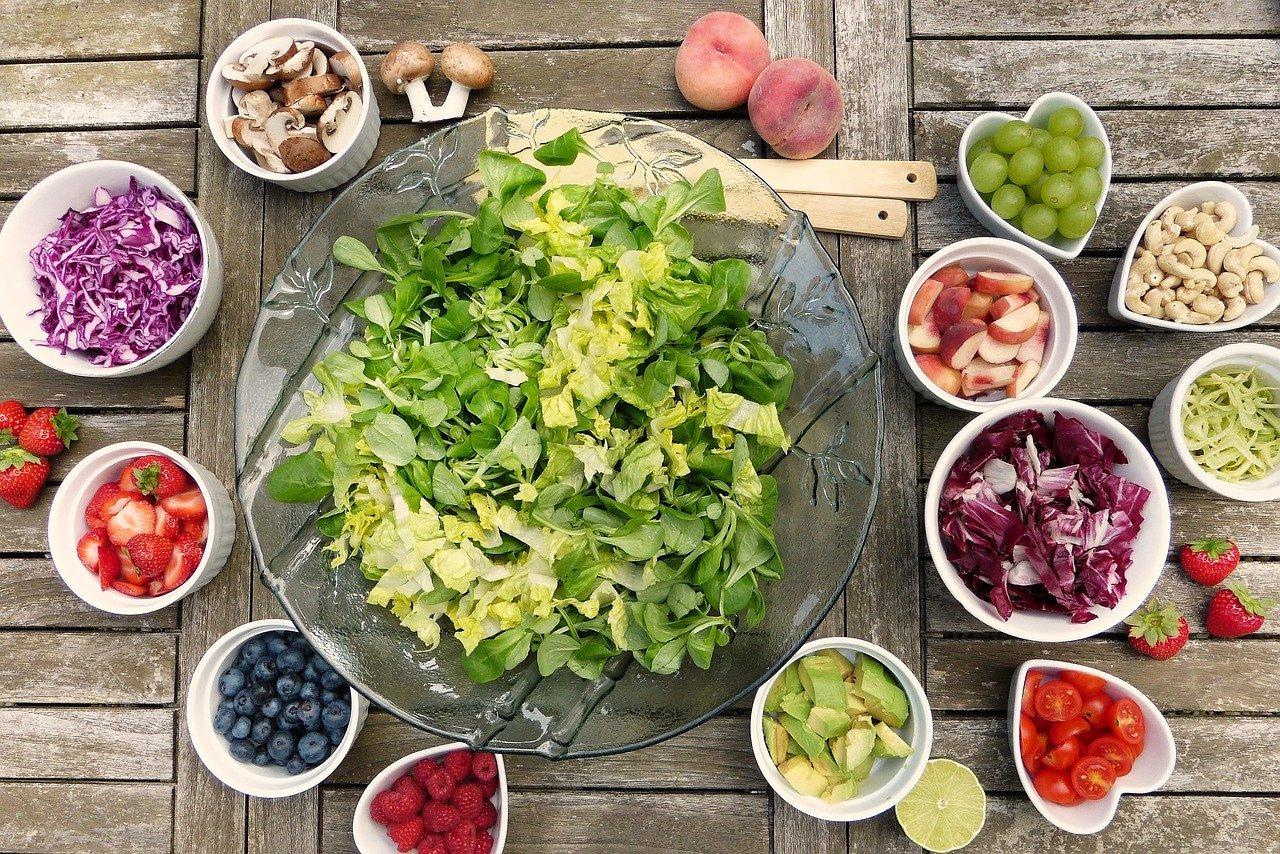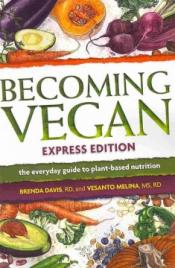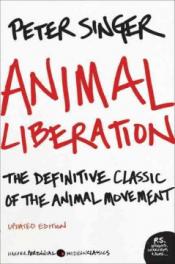
November 1st is World Vegan Day! Take this opportunity to learn what veganism is, and about those who practice it.
Let's begin with two common questions: what exactly does it mean to be vegan, and how is it different from being vegetarian?
Veganism is the lifestyle practice of abstaining from the consumption of animal-based products. This includes meats, dairy, and fish. While this originally only applied to diet, some vegans also reject products that come from animals or animal labor, including wool and leather. Vegetarianism refers to the lifestyle practice of abstaining from meat specifically, but will often still include animal-based products like eggs and dairy.
So while vegans and vegetarians are similar in that they do not eat meat products, vegans go a step further by not consuming any by-product of animal labor or slaughter. Some vegans also shun products that are tested on animals. Foods that are vegan include:
- Vegetables
- Fruits and Berries
- Whole Grains
- Legumes (Beans, Chickpeas, Peanuts, etc.)
The term vegan originated in 1944, when founding member of The Vegan Society Donald Watson defined the concept of the non-dairy, vegetarian diet he and like-minded individuals had adopted. Published in the first issue of The Vegan News, Watson was able to coin a term that separated those who identified as vegetarian from those who now called themselves vegan. Although the term vegan is still relatively new, there is evidence of the concept of veganism as far back as 2,000 years ago. Public objection of the consumption of eggs and dairy for ethical reasons can be traced back to 1806, by Europeans Dr. William Lambe and Percy Bysshe Shelley.
Why do people become vegan?
The switch to a vegan diet and lifestyle is a personal journey, and the reasons can vary for each individual. However, common reasons why people choose to go vegan include the prevention of animal suffering and cruelty, to make the switch to a healthier diet, and to reduce their contribution to climate change.
Information about the benefits of a plant-based diet, as well as more information about vegan nutrition, can be found from accredited organizations and trusted resources, including:
In addition to changes in diet and disuse of animal-based products, vegans are also against animal exploitation. Zoos, rodeos, and other forms of exploitative animal entertainment are not supported by vegans, and are often subject to criticism by animal rights activists.
As the vegan lifestyle grows in popularity and prevalence, so too does the market for vegan products and foods. There are a variety of substitutes for non-vegan foods, including meat and dairy products. These vegan alternatives are a go-to for those wishing to transition to a vegan lifestyle but are reluctant to fully give up favorite meals that contain animal-based ingredients.
Want more information for transitioning to a vegan lifestyle? Check out a few recommended reads from Vegan.org.



Looking for vegan recipes to make at home? Check out some of our vegan cookbooks. You can also search RBDigital for our vegetarian and vegan magazines, including recent issues of:
Local restaurants and businesses that are vegan or offer vegan options:
- Curia on the Drag - Coffee shop and vegan food truck
- Daily Green - Organic, vegetarian, and vegan options
- Gyro Plus - Mediterranean restaurant with vegan options
- Karma Kream - Organic and vegan food; ice cream
- Sababa - Israeli Cafe with vegetarian and vegan options
- Tom Kat Kafe - Cafe with vegetarian and vegan options
- The Top - Restaurant with vegetarian and vegan options